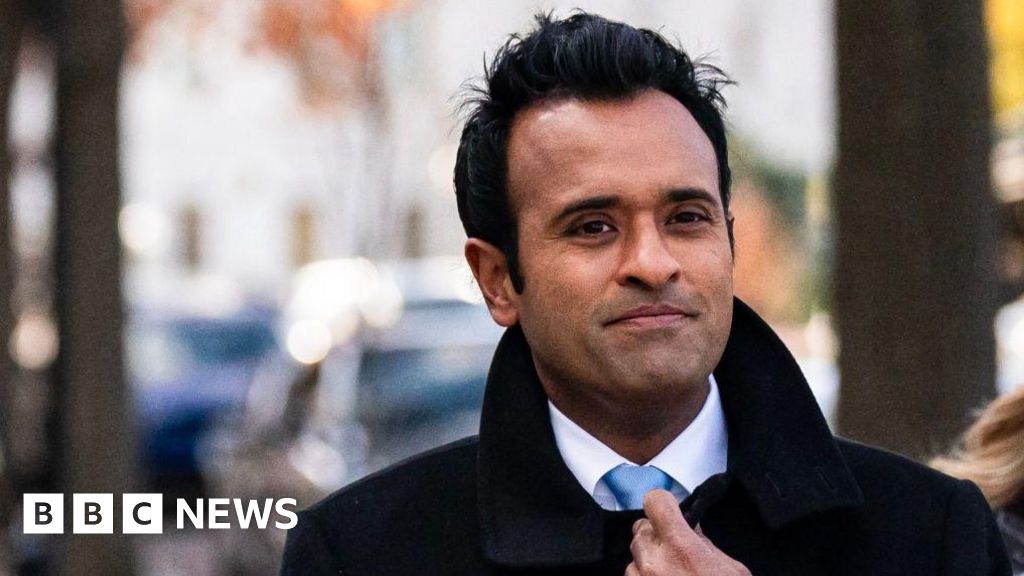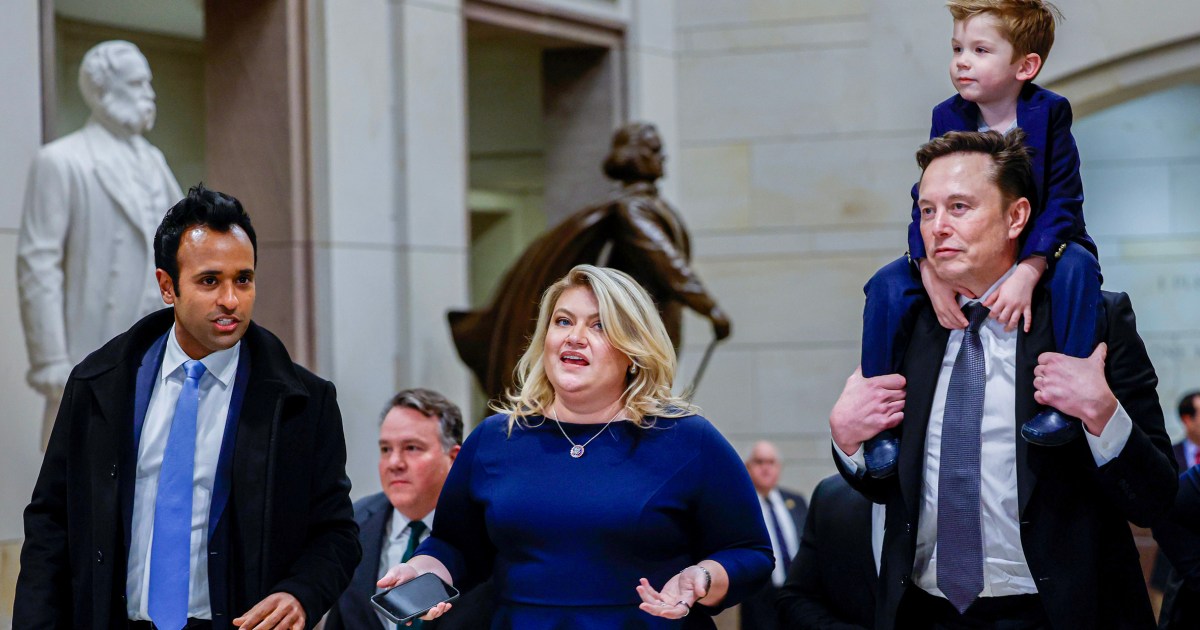World
Jay Bhattacharya, Born In Kolkata, Emerges As Trump’s Top Pick To Head US Health Agency

Washington DC:
Jay Bhattacharya, a Stanford University-trained physician and economist, has reportedly emerged as the presumptive favourite of President-elect Donald Trump’s transition team for the post of next director of the National Institutes of Health (NIH), a nearly USD 50 billion agency that oversees the nation’s biomedical research.
The Stanford-trained physician and economist met this week with Robert F. Kennedy Jr.– who has been appointed by Mr Trump to lead the Department of Health and Human Services (HHS)– United States’ top health agency which oversees NIH and other health agencies, the Washington Post reported citing three people.
As per the report, Dr Bhattacharya impressed Kennedy with his ideas to overhaul NIH by shifting the agency’s focus toward funding more innovative research. He also reportedly recommended reducing the influence of some of its longest-serving career officials, among other ideas. NIH awards funding grants to researchers, oversees clinical trials on its Maryland campus, and supports a variety of efforts to develop drugs and therapeutics.
Mr Trump’s transition team has yet to make any official statement regarding the developments being reported. The decision of who will lead NIH will not be final until the President-elect himself announces it, as Mr Trump is known to sometimes rebuff his advisers’ recommendations. The President-elect’s transition team has, reportedly, also looked at other candidates to lead NIA.
Who Is Jay Bhattacharya?
Born in Kolkata, India, in 1968, Jayanta “Jay” Bhattacharya is a Professor of Health Policy at Stanford University and a research associate at the National Bureau of Economics Research. He holds an MD and PhD in economics — both earned at Stanford University — and also directs Stanford’s Center for Demography and Economics of Health and Aging.
As per Stanford’s official website, Dr Bhattacharya’s research focuses on the health and well-being of vulnerable populations, with a particular emphasis on the role of government programs, biomedical innovation, and economics. His recent research focuses on the epidemiology of COVID-19 as well as an evaluation of policy responses to the epidemic.
The economist’s broader research interests encompass the implications of population ageing for future population health and medical spending in developed countries, the measurement of physician performance tied to physician payment by insurers, and the role played by biomedical innovation on health. He has published 135 articles in top peer-reviewed scientific journals in medicine, economics, health policy, epidemiology, statistics, law, and public health among other fields.
Dr Bhattacharya was a prominent critic of the federal government’s COVID-19 response, co-writing an October 2020 open letter known as the Great Barrington Declaration that called for rolling back coronavirus-related shutdowns while keeping “focused protections” for vulnerable populations, such as older Americans. At the time, the proposal won support from Republican politicians and some Americans eager to resume daily life, but it was criticized as being unethical and infeasible by Tedros Adhanom Ghebreyesus, the director-general of the World Health Organization.










